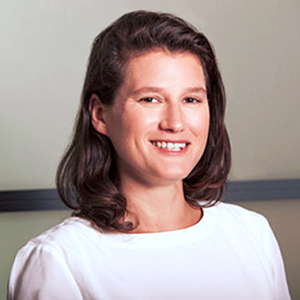The following post was written by Amiti Ventures Partner, Maya Pizov, during her tenure as Principal at Viola Ventures (2012-2015)
In a few days, I will say goodbye to Viola Ventures and literally cross the street to join enSilo, THE cyber-security company that finally (after 2.5 years) convinced Viola Ventures to become an active investor in security.
People have been very encouraging upon hearing the news about my move, and the entrepreneurs among them with whom I’ve been in touch during my time at Viola Ventures also give me the occasional wink and a smile as though to say “wait and see, now you’ll understand how WE feel”.
So I thought I’d share a few tips from my time as a principal at Viola Ventures, to help everyone who’ll meet the team here in the future.
1. Telling your story is (almost as) important as your idea, and so is your deck. Keep in mind that there are discussions going on about your startup without you being in the room – hallway chats with partners, dealflow meetings, investment committees and more. So help us tell your story in the best way possible.
One of my top learning experiences as a VC was improving my learning curve. The ability to quickly understand what a new startup is doing in order to share it with my team in a compelling way to continue with the process (and hopefully closing a deal) is a common challenge for both the entrepreneurs and the VCs, so help us help you 🙂
2. Investors and entrepreneurs don’t always think alike. We all love innovation, and dream about the next big thing, but in reality, our goals don’t always align. VCs are financial institutions and are concerned about their returns, whereas entrepreneurs are concerned with “dreaming big” and doing what’s best for their company. Often I’d come across entrepreneurs who’d tell me that they changed their plans due to feedback from investors. One of the most important tip I can give is – don’t. Don’t change what you’re doing, your target market, your product or your business model just because someone told you. Take in all the advice you get from people you trust and whom you’ve known for a while, and only then, decide what’s good for you.
3. It really is all about the people. No one can blame me for being an uber-networker. I don’t start my morning by having coffee with 3 different people, and I don’t have 350 people on my speed dial (not that there’s anything wrong with it). But, as someone whose job description lists “MEET PEOPLE” on the first row, I can tell you that I met almost anyone who’s asked to meet me, but it’s always easier to get a meeting by personal references. There are many entrepreneurs and VC folks in Israel, but it’s still a tight community, so do your homework and find a way to get to investors, and get someone to put in a good word for you. It’s worth a lot.
Finally, remember that for us, investing in someone means going into a long-term relationship with them and we want to make sure that we enjoy sitting together with them for family dinners (a.k.a. board meetings) so the personal trust and connection is important, as is building productive relationships.





